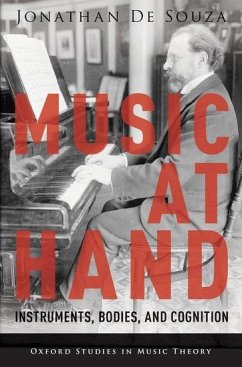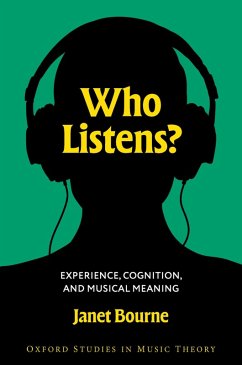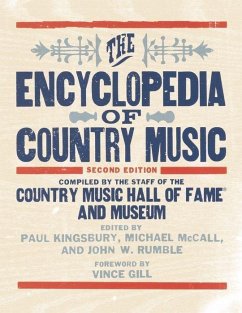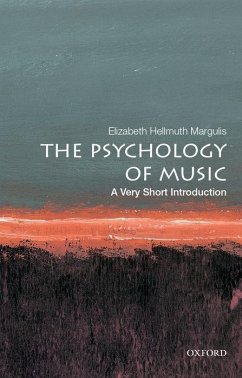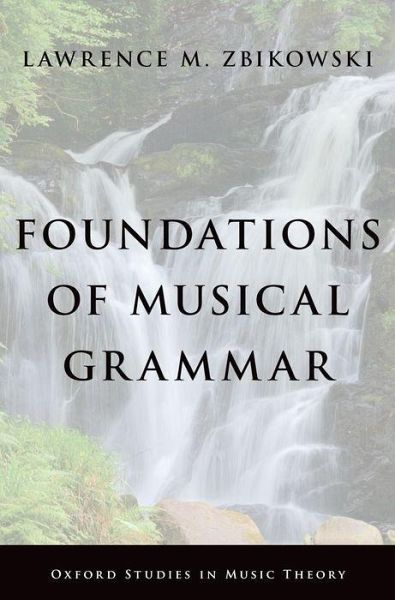
Foundations of Musical Grammar

PAYBACK Punkte
32 °P sammeln!
Foundations of Musical Grammar makes a unique contribution to music theory by building on recent research in cognitive science and theoretical perspectives adopted from cognitive linguistics to present an account of the foundations of musical grammar. In presenting this account, it engages with music and the emotions, gesture, and social dance.




